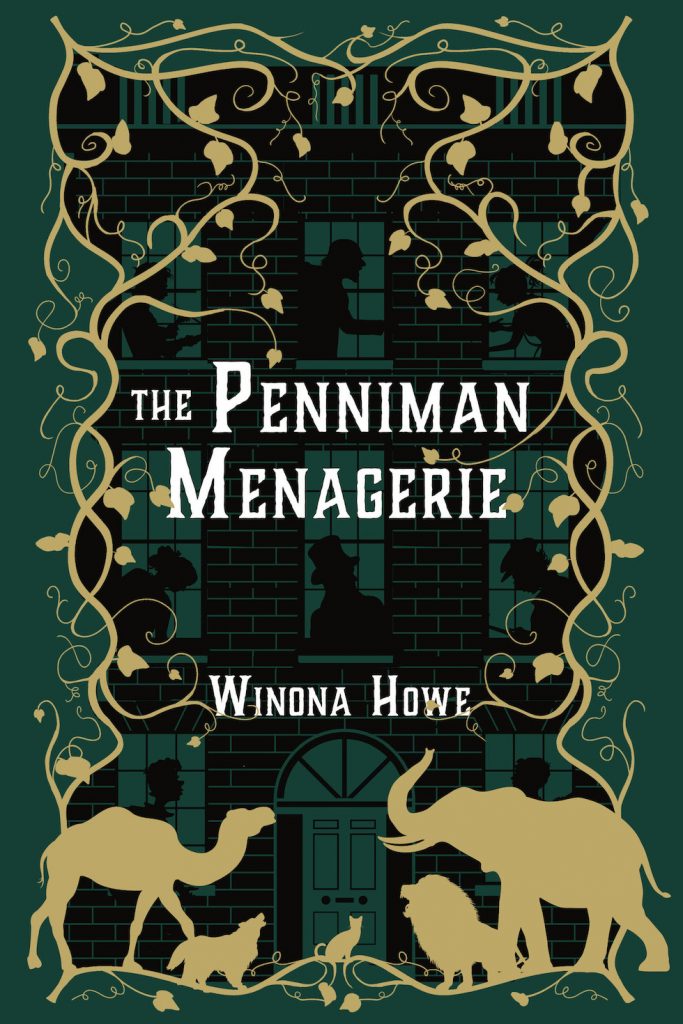When I taught children’s literature (either classic or modern), I always took a survey the first day. I asked what books had already been read that were favorites, and then we talked about why the students had been drawn to these particular books and why they remembered them. I was always surprised that Little Women turned up so rarely. Essentially all the women had read Anne of Green Gables, but very few had read Little Women. (Only one man ever admitted to reading Little Women; he said he had three older sisters and they had forced him to read it). I was surprised because it was one of my childhood favorites, at least partially because I feel I absorbed attitudes and learned more about values from it than I did from most of my reading.
My mother read it to me the first time; she always read to me before bedtime until I turned ten. One of her cousins had given me the book and she remembered it fondly from her childhood, so she read it to me. It must have taken a long time because it’s a long book, but I don’t remember anything about that. I just remember that it had me from the very first sentence: “Christmas won’t be Christmas without any presents.” Truer words cannot be spoken from a child’s perspective. I often felt that people gave me the wrong presents, but to have none at all would be unbelievably awful!
I read Little Women again when I was twelve or thirteen, and then there was a long hiatus. Many years later I reread it when I was preparing to participate in a summer seminar in classic children’s literature at Dartmouth College. As I read, I looked forward to a brief exchange between Jo and Laurie that had remained in my mind all those years, just waiting to be revisited. It’s the scene where Laurie asks Jo to marry him and she refuses:
“Really truly, Jo?”
“Really truly, dear.”
The words by themselves may sound trite. But in the context of the scene, the love and pain that both Laurie and Jo (for different reasons) feel is clearly evident.
I was astonished at the different attitudes my seminar colleagues expressed; one said, “Everyone I knew wanted to be Meg.” It had never occurred to me that any girl reading Little Women would want to be any character other than Jo. Meg was just so domestic. Amy was just so spoiled. Beth was just so good—and anyway she dies. I didn’t necessarily think I was much like Jo, but I approved of the way she ran and climbed trees and spoke her mind, and I was devastated when Amy burned her writing, and Jo did not get to go to Europe with Aunt March. (I only realized later that writing and travel were important to me even then.)
The other big difference was that a majority of our seminar felt that Jo had settled when she gave up writing gothic stories and married Mr. Bhaer, that she was no longer a creative individual who was in charge of her own life. I disagreed. I, of course, didn’t understand picking Mr. Bhaer over Laurie—I’d have gone for Laurie like a shot—but it was her choice. Choosing someone you love to spend your life with always involves compromises, and Jo was well aware in advance of the compromises she would need to make, no matter which man she married. Also, I believe she was thinking of her father here and how he would no doubt disapprove of the same elements of her stories that Mr. Bhaer shook his shaggy head over. Did this make her weak or sensitive? I feel that running a school (particularly given the variety of backgrounds and personalities that the boys had) took quite a bit of creativity and should not be discounted or described as mindless drudgery. Instead, an element of adventure was present and life at Plumfield was definitely not boring. If Josephine March Bhaer asked me today if she had chosen correctly, I’d have to say, “I may not understand your choice, Jo, but I respect your decision.”


